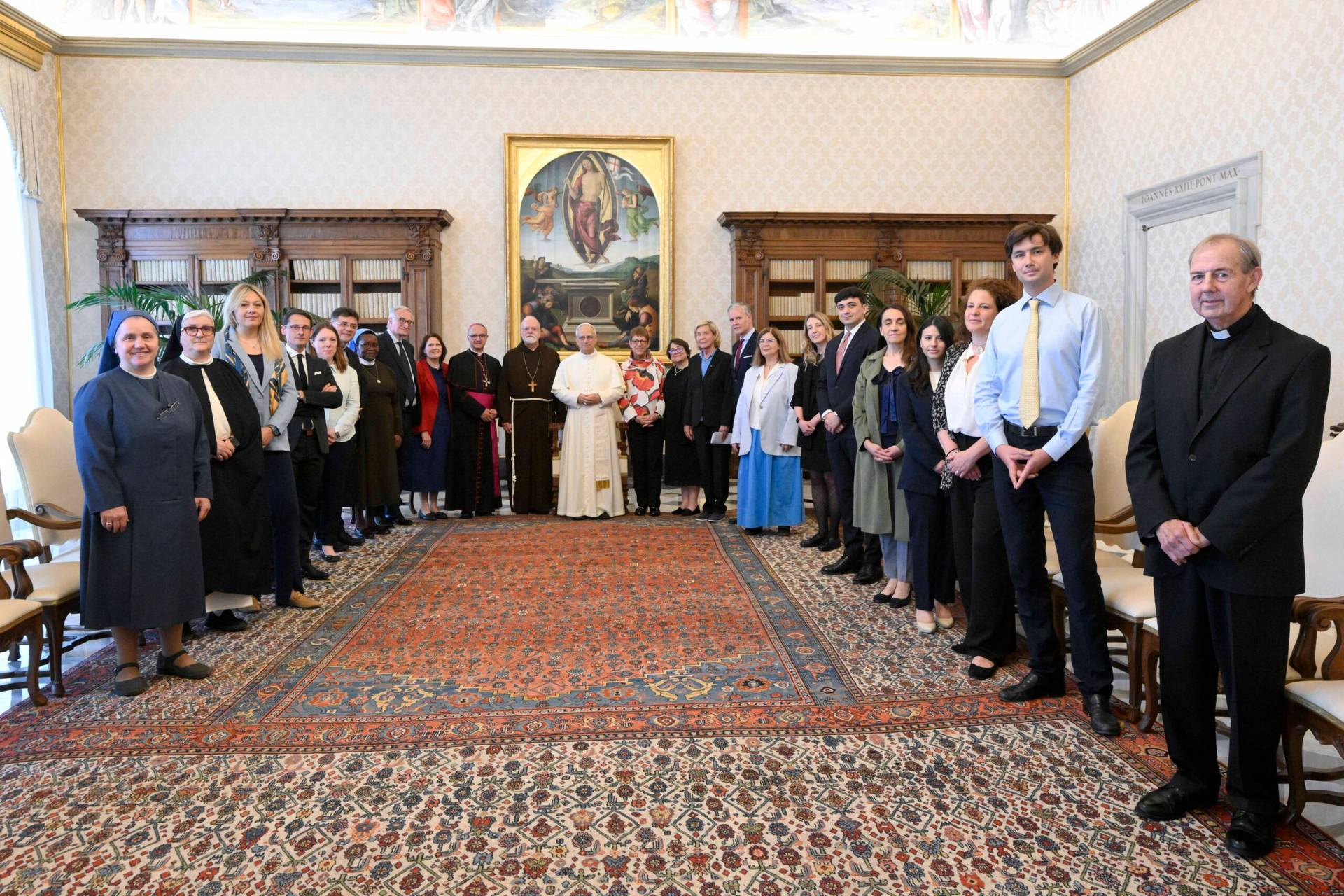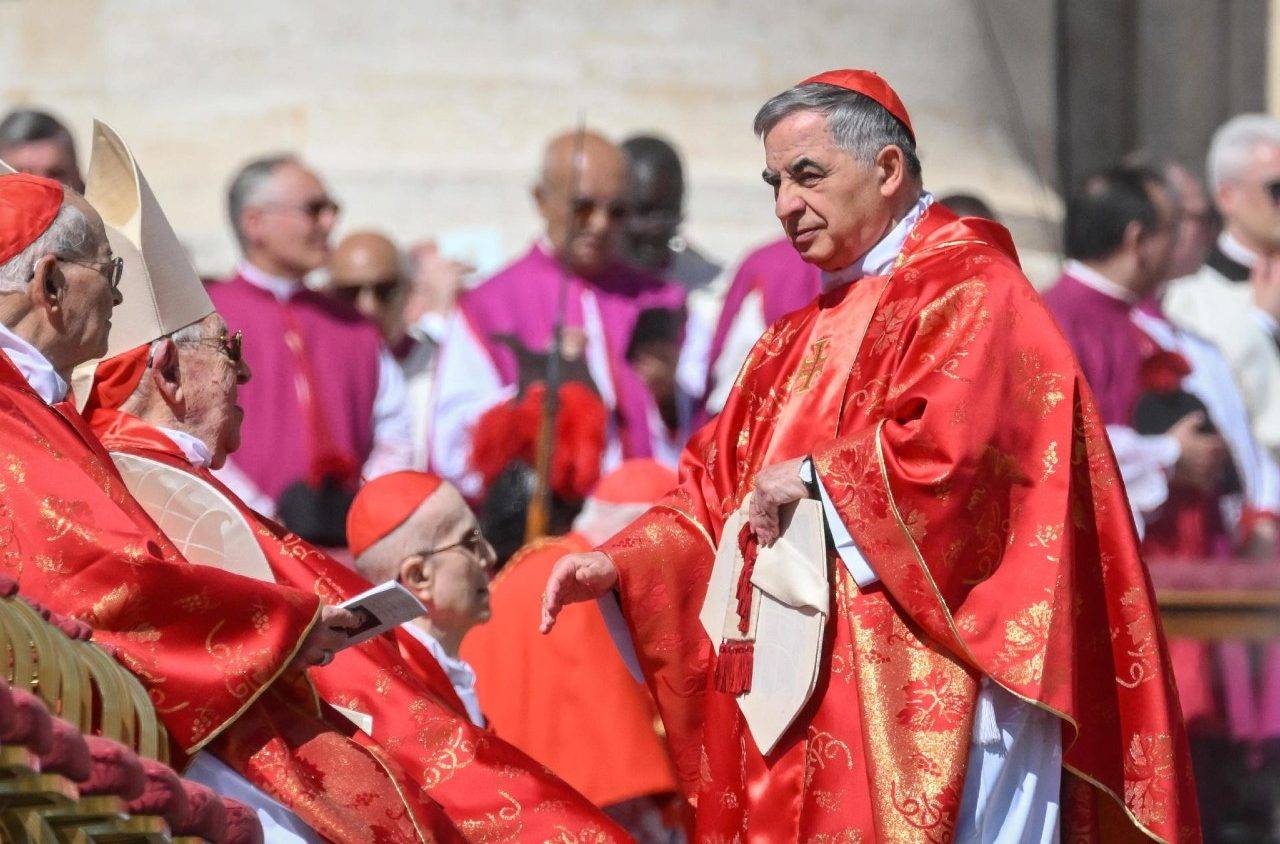This Friday marks the 100th anniversary of one of the seminal moments in modern Catholic social action and political engagement, as it was on Jan. 18, 1919, that Don Luigi Sturzo founded Italy’s Popular Party.
For Americans unfamiliar with Sturzo, he’s a bit like the John Courtney Murray of Italy, meaning the obligatory point of departure for any Catholic reflection on church/state relations. His Popular Party was an effort to do two things at once: Insisting that Catholicism has something to say about public life, while at the same time respecting the essentially secular character of politics and democratic life.
Sturzo’s famous appeal to the “free and strong,” issued on Jan. 18, 1919, still echoes in the Italian national memory.
“We appeal to all free and strong people, who in this grave hour feel the duty to cooperate for the highest good of the country, without prejudices or preconceptions, so united together we can advocate the ideals of justice and liberty in their entirety.”
Born in Sicily in 1871, Sturzo had two brothers who became Jesuit priests, one who was a bishop in Sicily, and a sister who was a nun. He entered the seminary at the age of 17, was ordained in 1894 and went on to become a teacher, journalist and political activist, at one point serving as vice-mayor of the town in which he was based.
In 1900, Sturzo asked for permission to go to China as a missionary around the time of the Boxer Rebellion, but he was refused on grounds of health. Instead he plunged into Italy’s political life, at a moment when the defining issue for Catholics was the “Roman Question”: Whether the Church should accept the legitimacy of the new Italian state and engage in national life, or whether it should refuse to do so and try to resurrect the Papal States, with the idea of the pope as a civil ruler.
The foundation of the Popular Party was, in effect, a response to that question, because it happened with the tacit approval of the Vatican under Pope Benedict XV. The party was a huge success, winning 20 percent of seats in parliament in its first election, and becoming an indispensable component of every government before the Fascist rise to power.
Sturzo was an ardent anti-Fascist, even publicly criticizing what he termed “filo-fascist” elements in the Vatican. He was forced into exile, in part because of Vatican disapproval, from 1924 to 1946. He settled first in the UK and eventually in the US, where he moved between New York and Florida. He returned to Italy only after a referendum abolishing the monarchy set the stage for the new Italian republic.
Sturzo died in 1959, and a beatification cause was opened in 2002 with the diocesan phase reaching conclusion in 2017. Meanwhile, the remnants of the Popular Party in the post-war era became Italy’s Christian Democrats, the country’s dominant political force until the 1990s.
This Monday, as the Italian bishops met, conference president Cardinal Gualtiero Bassetti opened the session by invoking Sturzo, citing his invitation to Italians to “work together for the unity of the country, to create networks and to share experiences and innovations.”
Confirming the ongoing relevance of Sturzo’s legacy, Bassetti used the line to urge the Italian bishops to remain united on the issue of immigration at a time when the national government, led by Foreign Minister Matteo Salvini, is taking an increasingly hostile line to migrants that enjoys substantial popular support.
Bassetti issued a special note of praise for the residents of Torre di Melissa in Sicily, who recently scrambled to rescue 51 Kurdish migrants whose boat capsized a few yards from the town’s shore. The group included six women, three children and an infant.
The townspeople, Bassetti said, “wrote a page with a contrary signal” to those, he said, “who emphasize risks to national security or the burdens of welcome.”
“When it comes to the poor, we must not be divided nor act only for approximation,” Bassetti said. “The geographic position of our country, and even more, our history and culture, give us a responsibility both in the Mediterranean and in Europe.”
He urged the bishops not to lose their nerve.
“If we feel provoked or criticized, we have to try to understand the reasons for it,” he said. “If we’re ignored, we have to keep knocking at the door with respect and conviction.”
One can certainly debate the merits of the essentially permissive stance the Italian bishops, in tandem with Pope Francis, have taken on immigration. Many Italians obviously do, as demonstrated by polls showing strong popular backing for Salvini and his Lega party.
Yet note what Bassetti was doing: First, he wasn’t pulling any punches, acting as if the Church doesn’t belong in politics. Instead he urged his fellow prelates to keep “knocking at the door,” on the assumption that Catholicism and its social teaching have a vital contribution to make.
At the same time, he also wasn’t invoking ecclesiastical authority, insisting that the country has to adopt policies simply because the Church says so. He was engaging in democratic debate, making a case based on reason, history and conviction.
In other words, 100 years later Luigi Sturzo’s vision appears alive and well, almost taken for granted by most Catholics engaged in political discussion.
As a final thought, it’s worth recalling that Sturzo was considered a live wire by the Vatican of his day, a bit too edgy, and he had to be kept at a safe distance. In that light, it’s worth considering who among today’s crop of agitators and envelope-pushers might likewise become the Church’s “new normal” 100 years down the line.
















